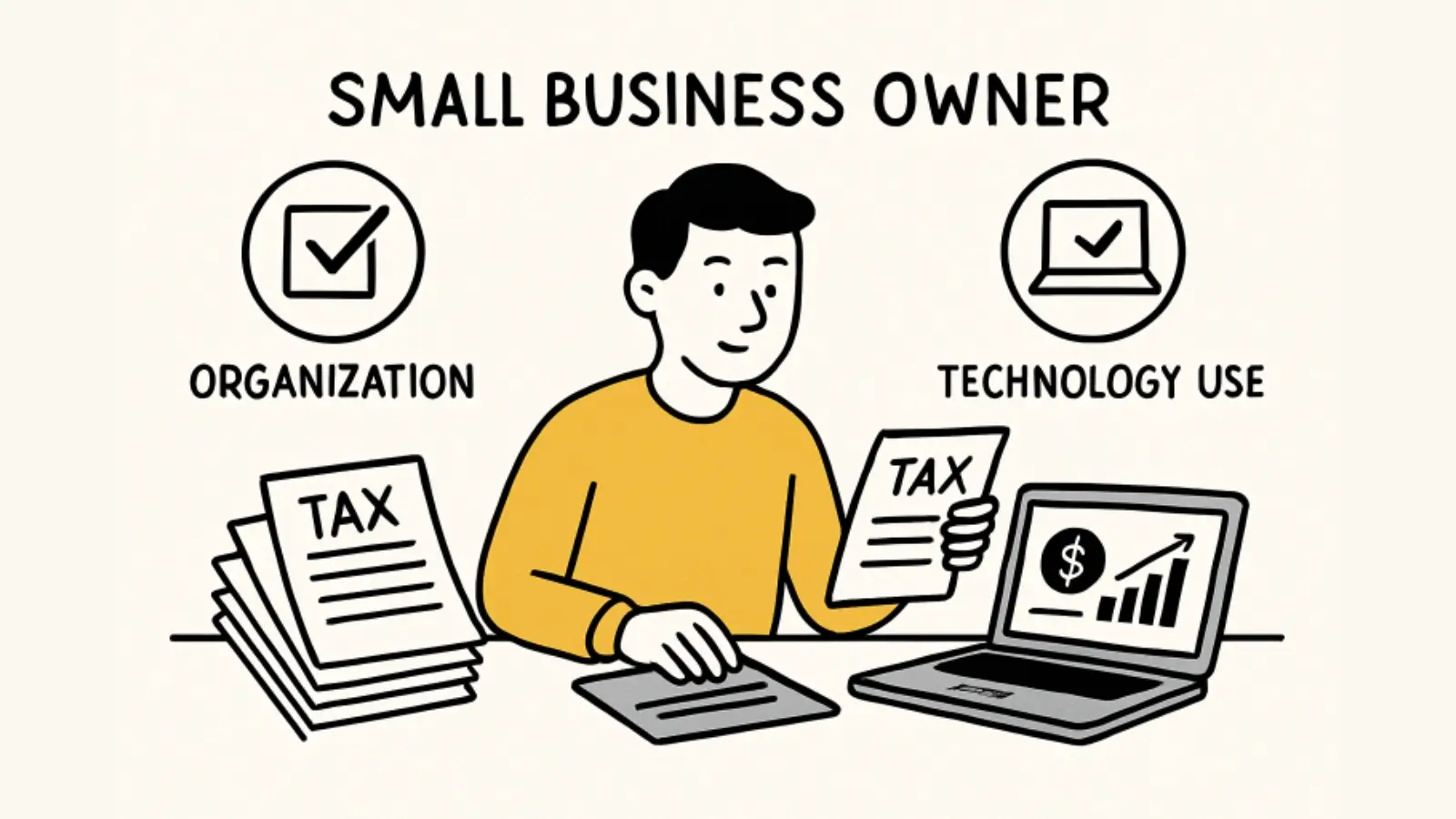Seeking funding for your business can be a daunting task. One of the first decisions you’ll face is whether to pursue a secured or unsecured loan. Understanding the key differences between these two types of financing can help you choose the option that best fits your needs, risk tolerance, and financial situation.
Definition of Secured vs. Unsecured Business Loans
A secured business loan is backed by collateral—something valuable you agree to give the lender if you can't repay the loan, like property or equipment. Because there's less risk for the lender, these loans often come with lower interest rates and higher borrowing limits.
An unsecured business loan, on the other hand, does not require collateral. These are based mostly on your credit score and business finances. Since there’s more risk for the lender, interest rates can be higher, and the loan amount may be smaller.
It’s important to understand this difference so you can choose the type of business loan that fits your situation best. Knowing how each loan works will help you make a smart, confident choice for your business’s future.
Collateral Requirements: What’s at Stake?
When you apply for a secured business loan, you must offer collateral—something valuable the lender can take if you don’t repay the loan. This could be equipment, real estate, or other business assets. Collateral lowers the risk for the lender and can help you get better loan terms.
With an unsecured business loan, you don’t need to provide collateral. Instead, the lender looks at your credit score, income, and business history. However, because there’s no collateral, the loan may come with higher interest rates.
Loan Approval Process: Speed and Complexity
A secured business loan usually takes longer to get approved. This is because the lender must check the value of your collateral and complete more paperwork. It can be a slower and more detailed process.
An unsecured business loan is often faster to approve. Since there is no collateral, the lender mainly looks at your credit score and business history. If your records are strong, you may get approved quickly. However, the process can still be strict.
Interest Rates: How Risk Affects Cost
Interest rates can be very different between a secured and an unsecured business loan. With a secured business loan, you offer collateral, which lowers the lender’s risk. Because of this, you can often get a lower interest rate. This can save your business money over time.
An unsecured business loan has no collateral, so the lender takes on more risk. To make up for that, they usually charge higher interest rates. This is especially true for specialized financing such as cannabis business loans, where industry-specific regulations and risk profiles can drive costs higher. That means you could end up paying more in the long run. When you compare loans, always look at the interest rate. It helps you understand the true cost of borrowing for your business.
Loan Amounts: How Much Can You Borrow?
A secured business loan usually allows you to borrow more money. This is because the loan is backed by collateral, which gives the lender more confidence. If you need a large loan for equipment, property, or expansion, a secured loan may be a better choice.
With an unsecured business loan, the loan amount is often smaller. Lenders take more risk, so they lend less without collateral. This type of loan may work well for short-term needs or smaller expenses.
Repayment Terms and Flexibility
Secured business loans often come with longer repayment periods. This gives you more time to pay back the loan and can lower your monthly payments. These loans may also offer more flexible terms, since the lender has the security of your collateral.
On the other hand, unsecured business loans usually have shorter repayment terms. You may have to make larger payments in a shorter time. Some lenders may also offer less flexibility with these loans.
It’s important to look closely at the terms before you choose a business loan. Make sure it fits your cash flow and goals.
Credit Score Importance in Each Loan Type
For an unsecured business loan, your credit score is very important. Since there’s no collateral, lenders rely on your credit history to decide if you’re a good risk. A higher score can help you get approved and may lead to better loan terms.
With a secured business loan, your credit score still matters, but not as much. The lender also considers the value of your collateral. If your credit score is lower, you might still qualify for a secured loan.
Risk to the Borrower: Asset Loss vs. Credit Damage
With a secured business loan, you use something valuable, like property or equipment, as collateral. If you can’t repay the loan, the lender can take that asset. This can be a serious loss for your business.
On the other hand, an unsecured business loan does not require collateral, but your credit is on the line. If you fail to make payments, your credit score may drop. This can make it harder to get loans, credit cards, or good rates in the future.
Conclusion: Choosing the Right Loan for Your Business
Choosing between a secured and unsecured business loan comes down to your needs, financial situation, and risk comfort.
A secured business loan may be the right choice if you need a larger amount, want lower interest rates, and have valuable assets to offer as collateral. It’s a good option if your business can handle the risk of putting up property or equipment.
An unsecured business loan might be better if you need quick funding, don’t have assets to use, or prefer not to risk losing them. However, you may face higher interest rates and shorter repayment terms.
Think about your business goals, cash flow, and how much risk you can take. Always compare lenders, read the terms carefully, and make sure the loan supports your business growth, not just short-term needs.
The right business loan should help your business move forward without putting you under too much stress. Making a smart loan choice today can build a stronger business tomorrow.

















